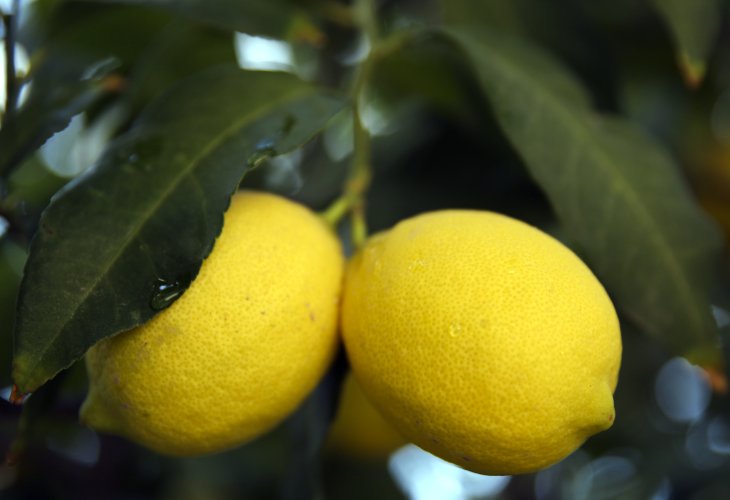Jewish Law
The Meaning of Shemittah: Understanding the Torah’s Sabbatical Year
Why we rest the land, what we must avoid, and how Shemittah strengthens faith, generosity, and trust in God
- Hidabroot
- |Updated

The prohibitions and commandments of Shemittah are numerous, but in summary they include the following:
It is forbidden to sow, plant, or perform actions that promote growth or improve agricultural produce during the Shemittah year.
What is permitted — though with limitations, are actions that prevent loss, meaning maintenance that keeps plants alive without enhancing growth.
Additionally, the Torah commands that the produce of fruit trees during Shemittah be declared ownerless (hefker) for everyone.
It is forbidden to treat the produce as privately owned as in regular years, and it is forbidden to trade commercially in Shemittah produce.
Why Do We Observe the Shemittah Year?
The Sefer HaChinuch (mitzvah 84) provides several reasons:
1. To Strengthen Belief in Creation
By counting six years of work and resting on the seventh, we engrave in our hearts the truth that God created the world, as it says: “For in six days Hashem made the heavens and the earth” (Shemot 20:11).
This uproots mistaken beliefs such as the idea of an eternal, uncreated world, which undermines the foundations of Torah.
2. To Recognize God's Ownership of the Land
By commanding us to relinquish ownership of the land’s produce for one year, Hashem reminds us that the land does not yield fruit by its own power — there is a Master over the land and over its owners.
3. To Cultivate Generosity
Letting others take from one’s fields without expecting reward helps develop the trait of open-handedness and generosity.
4. To Build Trust in Hashem
A person who freely gives up an entire year’s crops — his livelihood, develops strong bitachon (trust) in God and frees himself from miserliness and fear.
In essence, Shemittah teaches us that we are not the ultimate controllers of our success. There is One who runs the world.
During Shemittah, May One Buy Fruits From a Non-Jew’s Field?
Yes. Being that non-Jews are not commanded to keep Shemittah, land owned by a non-Jew is not subject to Shemittah restrictions.
Therefore, produce from a non-Jew’s field may be purchased without concern.
May One Water Potted Plants During Shemittah?
Indoor pots (inside a closed space such as a home):
Permitted to water with no restrictions.Outdoor pots (planters, balcony boxes, etc.):
Watering is allowed only to the minimum extent needed to keep the plant alive, not to promote growth.
May One Eat Fruits and Vegetables of the Land of Israel During Shemittah?
If they were grown under proper halachic supervision, according to Shemitah guidelines then this is acceptable.
Produce grown in violation of Shemittah laws is forbidden to eat, so one must buy fruits and vegetables only with reliable Shemittah certification.
If Someone Didn’t Declare Their Field Hefker (Ownerless), May Others Take from It?
This is a halachic dispute. According to the accepted ruling, even if the owner failed to declare his field ownerless, others may still take from the produce, and it is not considered theft.

